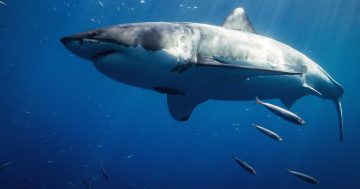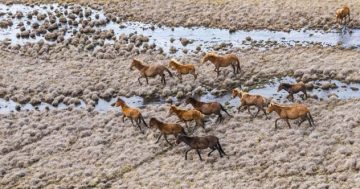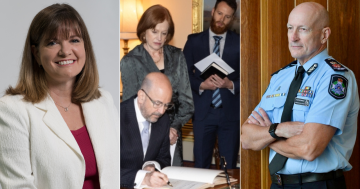 1. This week 10 years ago, Director of the Equal Opportunity for Women in the Workplace Agency (EOWA), Helen Conway announced the Agency would be renamed the Workplace Gender Equality Agency as part of new laws promoting gender and pay equality in Australian workplaces.
1. This week 10 years ago, Director of the Equal Opportunity for Women in the Workplace Agency (EOWA), Helen Conway announced the Agency would be renamed the Workplace Gender Equality Agency as part of new laws promoting gender and pay equality in Australian workplaces.
Ms Conway said the changes would encourage organisations to allow men, as well as women, to work flexibly to meet family and caring responsibilities.
She said Australia’s productivity and competitiveness depended on lifting the participation rate of women in the workforce by removing existing disincentives.
“In our workplaces, it is time we stopped paying lip-service to gender equality and actually did something about it,” Ms Conway said.
2. Australia joined Brazil, Norway and New Zealand to form the Indigenous Peoples and Local Communities Land and Sea Managers Network, linking Indigenous expertise and modern technology to improve the way the environment is managed globally.
Prime Minister, Julia Gillard said the project would draw on existing networks, such as Australia’s Working on Country program, which funded almost 700 Indigenous rangers, who used traditional knowledge as well as cutting-edge science.
Minister for the Environment and Sustainability, Tony Burke said it took Australia a long time to recognise Indigenous rangers were often the best placed people to provide environmental management and this expertise was now being recognised internationally.
3. In Queensland, Minister for Agriculture, Fisheries and Forestry, John McVeigh announced new legislation to outlaw cruelty to dugongs and turtles that would see Government Agencies working with Indigenous communities to ensure animal welfare obligations were met.
Mr McVeigh said cruel dugong and turtle hunting practices were not acceptable and would be illegal under the new laws.
“Some methods used by a small number of people to hunt dugong and turtles have drawn a very strong response in the wider community,” Mr McVeigh said.
“Amendments will be made to the Animal Care and Protection Act 2001 to protect dugong and turtles from unnecessary and unreasonable pain and suffering.”
4. The National Water Commission called on Australia’s States and Territories to provide Indigenous Australians with access to water resources for cultural and economic purposes.
Chief Executive, James Cameron said water could make a significant contribution to the aspirations and wellbeing of Australia’s First Peoples.
He said the National Water Initiative committed governments to identify Indigenous values and requirements in water planning and put in place strategies to meet them.
“Indigenous people are integral stakeholders in water management and have managed their lands and waters sustainably for thousands of generations,” Mr Cameron said.
5. In Western Australia, major reforms to adoption law were made to include more transparency in the decision-making process and allow adoptions by relatives.
Minister for Child Protection, Robyn McSweeney said amendments to the Adoption Act 1994 would make adoption in WA a fairer and easier process, allowing relatives to adopt children; increased independence and transparency in the adoption process; and no age limits on older prospective parents.
“These amendments also support more options for children in foster care by removing common barriers to prospective adoptive parents who wish to foster a child while awaiting an adoption placement,” Mrs McSweeney said.
6. Also in Western Australia a decade ago, satellite tracking devices attached to 11 Carnaby’s cockatoos were providing insight into some of the species’ behaviour and movements.
Research officer at the Department of Environment and Conservation, Christine Groom said the tracking had never been done before with black cockatoos and the data were providing insights into the daily lives of Carnaby’s cockatoos that hadn’t previously been possible.
Ms Groom said the data were revealing previously unknown night roosting sites, daily movement patterns and significant travel distances, with one cockatoo travelling more than 60 kilometres in one day.











